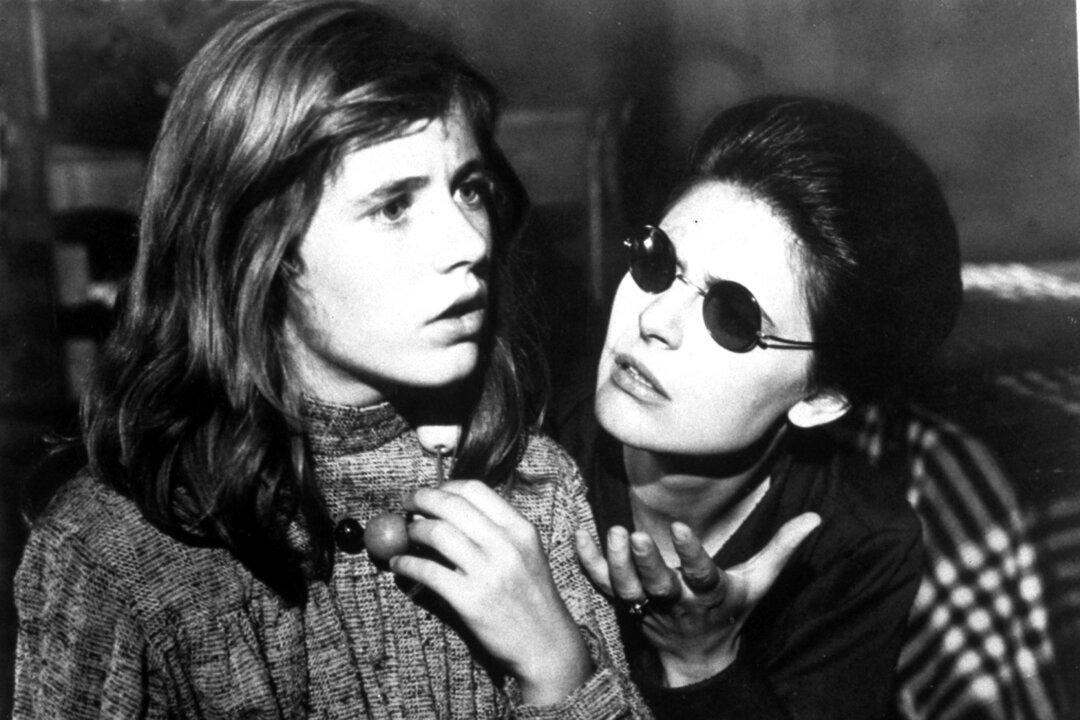Director Arthur Penn’s film about a once-blind governess, Annie Sullivan (Anne Bancroft), transforming a troublesome deaf-blind child, Helen Keller (Patty Duke), into a curious, intelligent learner has been retold so regularly on- and off-screen that it doesn’t bear repeating. Suffice it to say that it’s an outstanding movie.
Check IMDb for plot summary, cast, reviews, and ratings; a review is also at The Epoch Times.





